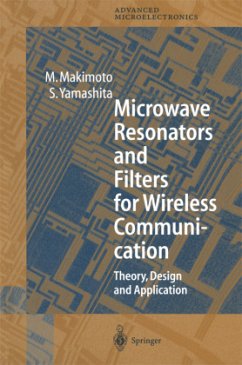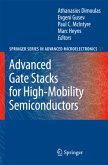Anytime. Anywhere. Mobile communication lets you keep in touch. The introduction of radio wave transmission by G. M. Marconi and the tele phone by Graham Bell in the late 19th century together brought dramatic changes in the way we communicate. By combining the two, we now possess a powerful communication tool enabling us to keep in touch with anyone, any time and anywhere. Technological breakthroughs have contributed to this scheme by providing compact electronic devices, and without such progress, our present situation could not have existed. We foresee a bright future based on the further progress of mobile communication. The authors of this book have engaged in the downsizing of radio frequency (RF) circuits found in wireless communication devices. Filtering devices are an essential component for such circuits, and considerable effort has been put into the research and development of such devices. This book starts from a conceptual view of such filters, and expands on this idea to provide a practical solution for the application of filtering devices. The purpose of this book is (1) to provide general information and ba sic design procedures for filters applied to wireless communication systems, (2) to illustrate the availability and introduce actual design examples of the stepped-impedance resonator (SIR) structure intended for the RF /microwave region, and (3) to propose a more general concept for transmission-line res onators based on an expanded SIR structure.








